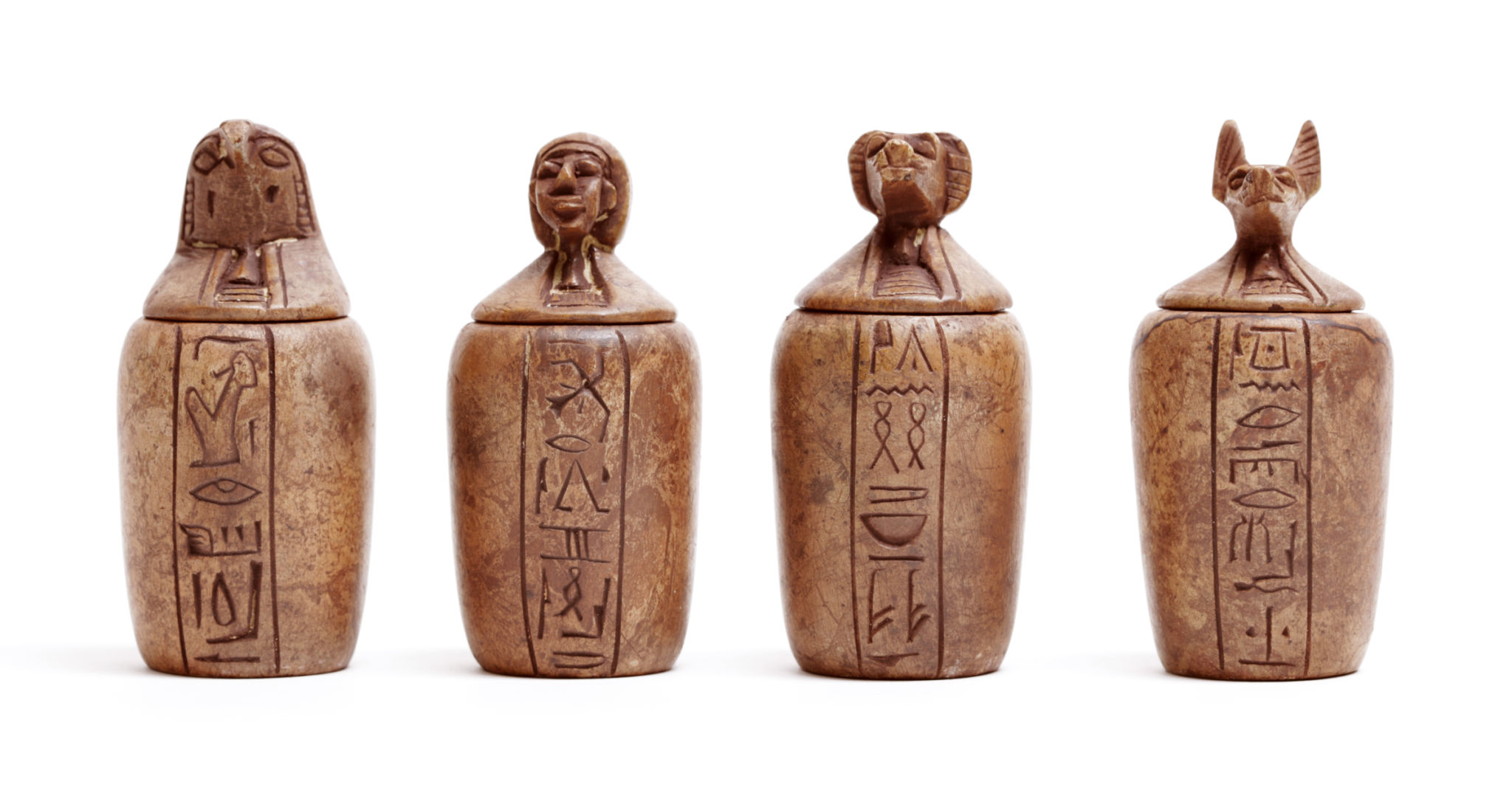The Timeless Tradition: Exploring the History and Cultural Significance of Herbal Teas
The Origins of Herbal Teas
The story of herbal teas is as rich and varied as the cultures that have embraced them. Dating back thousands of years, these infusions have been a staple in many societies, not only for their flavors but also for their perceived health benefits. Since Africa is the cradle of life, it’s possible that some of the earliest uses of plants for therapeutic teas began there, as traditional African medicine includes an extensive knowledge of herbs for healing purposes.
The earliest recorded use of herbal teas comes from ancient China, where they were used for medicinal purposes. Over time, other civilizations, such as the Egyptians and Greeks, began to adopt and adapt these practices, integrating herbal teas into their own.
 Herbal teas are not technically "tea" in the traditional sense, as they do not come from the Camellia sinensis plant. Instead, they are made from the infusion of herbs, spices, flowers, and other plant materials. This distinction is crucial as it highlights the diversity and versatility of herbal teas, allowing for a wide range of flavors and benefits that are not found in traditional teas.
Herbal teas are not technically "tea" in the traditional sense, as they do not come from the Camellia sinensis plant. Instead, they are made from the infusion of herbs, spices, flowers, and other plant materials. This distinction is crucial as it highlights the diversity and versatility of herbal teas, allowing for a wide range of flavors and benefits that are not found in traditional teas.Cultural Significance Across the Globe
Throughout history, herbal teas have held significant cultural importance. In many societies, they are more than just a beverage; they represent a deep connection to nature and tradition. For example, in Morocco, mint tea is a symbol of hospitality and friendship, often served to guests as a welcoming gesture. Similarly, in South America, yerba mate is a communal drink that fosters social bonds and is shared among friends and family.
In India, herbal teas like masala chai have become a staple, blending spices such as ginger, cardamom, and cinnamon to create a beverage that is both invigorating and comforting. These cultural practices highlight how herbal teas are woven into the fabric of daily life, serving as a bridge between past and present traditions.
Health Benefits and Modern Usage
One of the key reasons for the enduring popularity of herbal teas is their association with health and wellness. Many cultures have long believed in the therapeutic properties of herbs, using them to treat various ailments. Today, science is beginning to validate some of these claims, with studies suggesting that certain herbal teas may offer benefits such as improved digestion, reduced inflammation, and enhanced relaxation.

In the modern era, herbal teas are experiencing a resurgence as people seek natural and holistic approaches to health. The growing interest in wellness has led to an explosion of new blends and flavors, each promising unique benefits. From chamomile for relaxation to ginger for digestion, there is an herbal tea for nearly every need and preference.
Popular Herbal Teas and Their Uses
For those new to the world of herbal teas, the variety can be overwhelming. Here are some popular herbal teas and their traditional uses:
- Chamomile: Known for its calming effects, chamomile is often consumed before bedtime to promote better sleep.
- Peppermint: Often used to aid digestion and alleviate headaches.
- Rooibos: A caffeine-free option rich in antioxidants, popular in South Africa.
- Hibiscus: Known for its tart flavor, helps lower blood pressure.
These teas not only offer potential health benefits but also provide a sensory experience, with their vibrant colors and aromatic scents.
The Future of Herbal Teas
As we look to the future, the popularity of herbal teas shows no signs of waning. With increasing awareness of the benefits of natural remedies, more people are turning to herbal teas as part of their daily wellness routines. The industry continues to innovate, introducing new blends that cater to a wide range of tastes and health goals.
In conclusion, the timeless tradition of herbal teas is a testament to their enduring appeal across cultures and generations. Whether enjoyed for their flavors, health benefits, or cultural significance, herbal teas offer a connection to the past while providing comfort and wellness in the present.
🌿 Sip Consciously
